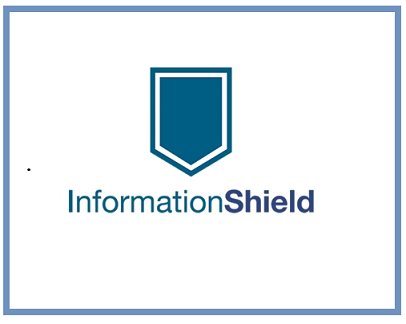Tag Archives: Writing Security Policies
5 Elements of Effective Information Security Policies
Use these 5 rules to take your information security policies off the shelf and put [...]
25
Oct
Oct
Key Elements of Information Security Policies
What is an information security policy? An Information Security Policy is a formal document that [...]
Information Security Policies for PCI-DSS V3
The PCI Security Standards Council just released Version 3.0 of the Payment Card Industry Data [...]
Most SMBs have no Information Security Policies
87% of Business in 2012 survey have no Acceptable Use Policies Phishing attacks are now [...]
The Information Security Policy Hierarchy
Developing A Governing Policy & Subsidiary Policies A Maturing Field: As the discipline of information [...]
Implied Security Policies Create Added Risk
The US Supreme Court has overturned a lower-court ruling and concluded that management has a [...]
- 1
- 2

